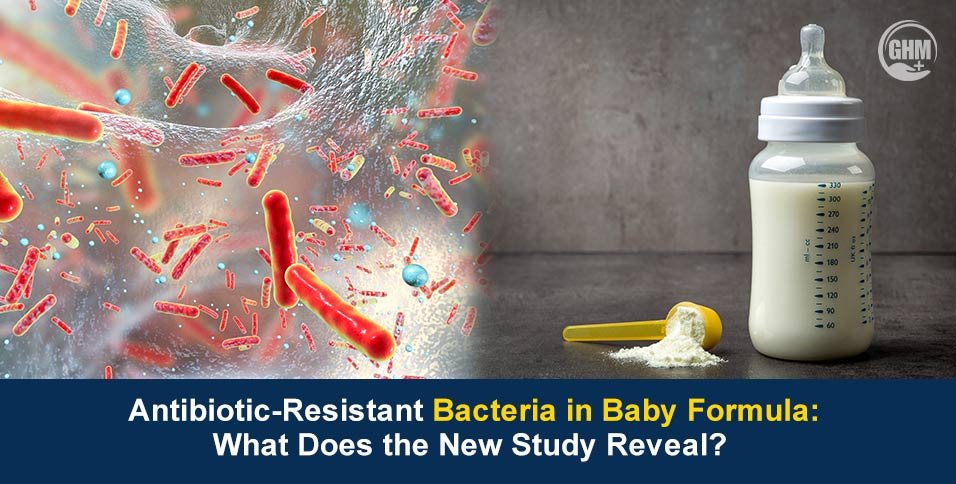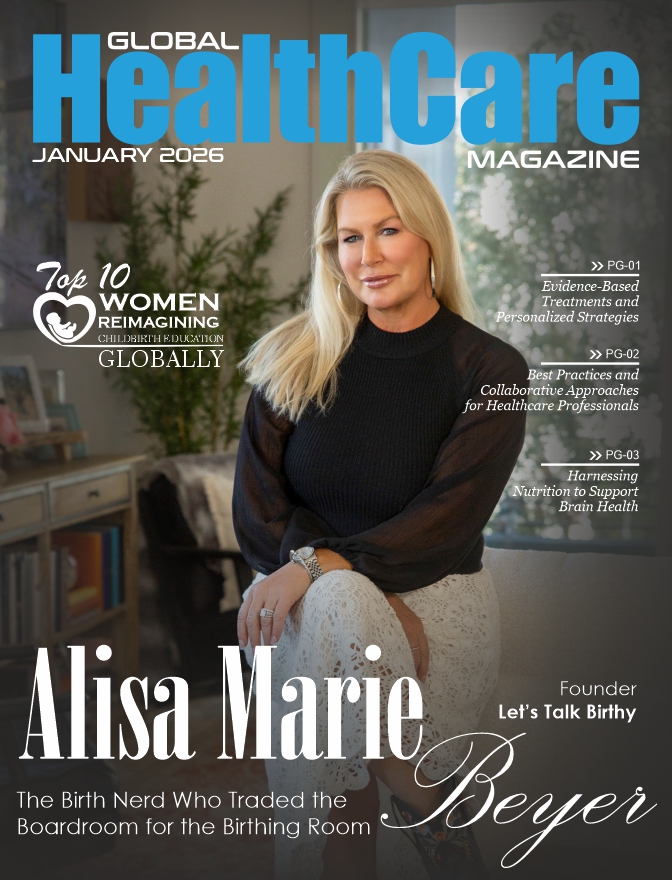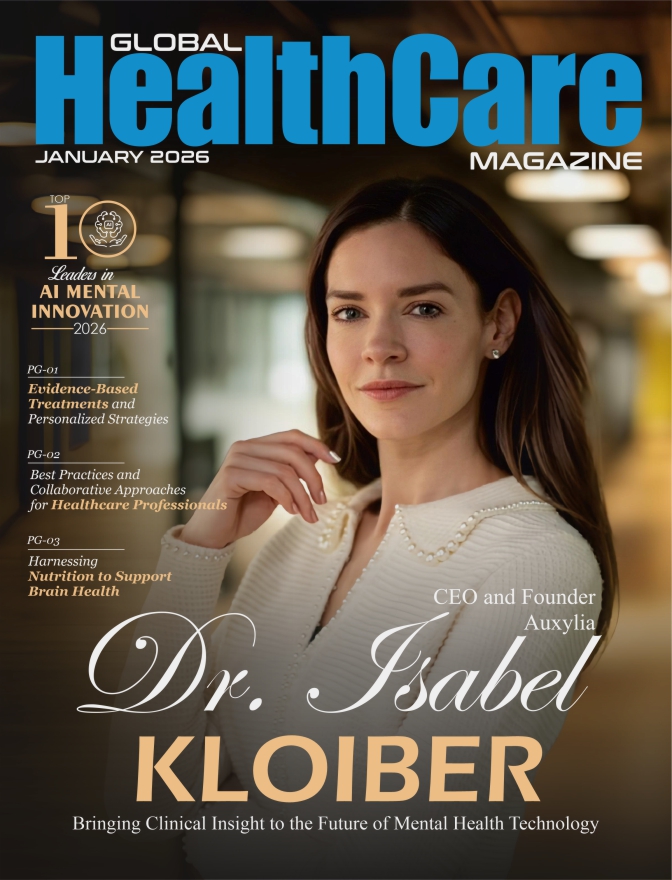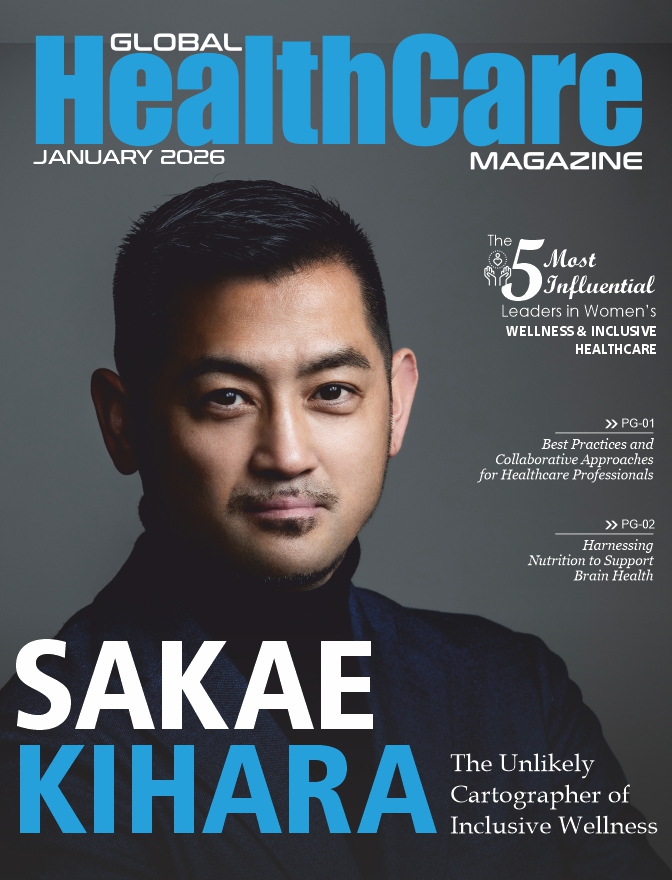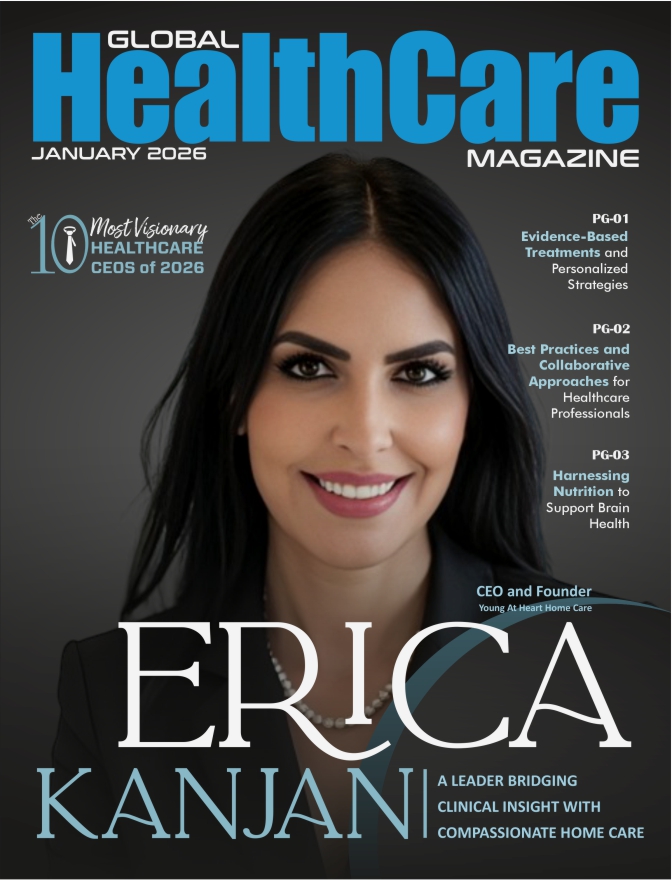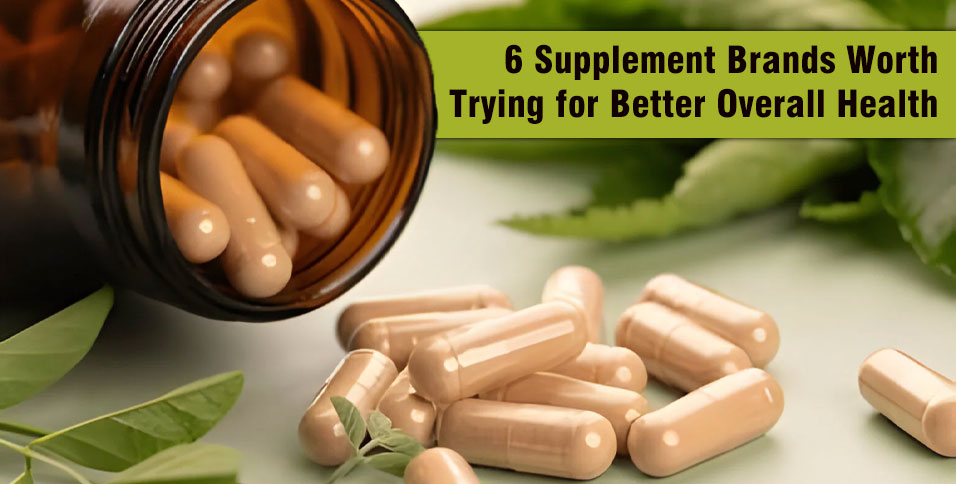A new study has sounded an alarm for parents and public health experts alike, even when prepared following all safety guidelines, baby formula can contain heat-resistant bacteria.
Researchers found that powdered infant formula (PIF) and home preparation machines may not fully eliminate microbial contaminants. It includes species that show antibiotic resistance, a finding that could reshape how we think about infant food safety.
This raises an unsettling question: Could bacteria in baby formula become a silent contributor to the global rise in antimicrobial resistance (AMR)?
What’s Living in Baby Formula
Powdered infant formula, though convenient, isn’t sterile. The study identified several bacterial species that can survive recommended preparation temperatures, some even resistant to commonly used antibiotics.
These include Bacillus cereus and other spore-forming bacteria that withstand heat and may multiply during formula storage.
According to the research team, “Even after safe preparation, bacteria in baby formula can persist, potentially leading to contamination of feeding bottles, utensils, and preparation machines.”
In simple terms, even boiling water and following safety protocols may not fully protect infants from bacterial exposure.
A Growing Concern: Antibiotic Resistance in Infant Foods
Antibiotic resistance occurs when bacteria evolve to survive drugs designed to kill them. When these resistant strains are present in baby milk powder or other foods, they can pass resistance genes to other bacteria, a process known as horizontal gene transfer.
Over time, this could create a “hidden reservoir” of resistance in the home environment.
This is particularly concerning because an infant’s immune system is still developing. Their gut microbiome, the community of bacteria that supports digestion and immunity, can be easily altered by environmental microbes.
Could Homes Become Vectors for Resistance Spread?
The study highlights that formula-feeding environments, including bottles, mixing containers, and automated home preparation machines, can act as “hotspots” for bacterial growth if not properly cleaned.
If bacteria in baby formula include antibiotic-resistant strains, these microbes could survive on surfaces or in water filters, spreading to family members through everyday contact.
Experts warn that this creates a “microbial bridge” between food and home hygiene. When resistant bacteria enter a household, they may persist in sinks, dishcloths, or even hands, slowly integrating into the broader microbial ecosystem.
In essence, every improperly sterilised bottle could become a small, invisible contributor to the global antimicrobial resistance crisis.
How Food Processing Affects Global AMR
The issue extends beyond households. Modern food production, from dairy processing to powdered formula manufacturing, can inadvertently foster the survival of resistant microbes.
Studies have detected antibiotic-resistant bacteria in various food products, suggesting that food contamination may play a larger role in global AMR spread than previously recognised.
A 2024 report by the World Health Organisation noted that foodborne bacteria such as Salmonella and E. coli are increasingly resistant to frontline antibiotics, complicating treatment of infections worldwide.
While baby formula outbreaks are rare, the potential risk underscores the importance of continuous monitoring and manufacturing transparency.
Recent Food Recalls Underscore the Risk
In recent years, several food recalls involving infant formula have drawn attention to microbial safety.
- In 2022, the U.S. recalled batches of baby formula due to Cronobacter sakazakii contamination. It was linked to rare but severe infections in infants.
- European regulators have issued similar recalls following the detection of Bacillus cereus in powdered formula products.
These incidents highlight that even well-regulated production lines can experience lapses, reinforcing why the new study’s findings demand urgent review of safety standards.
Are Current Safety Guidelines Enough?
Current WHO and national guidelines recommend preparing powdered formula with water at 70°C or higher and using sterilised equipment. However, the discovery of heat-resistant and antibiotic-resistant bacteria challenges whether this threshold is sufficient.
Researchers suggest a re-evaluation of manufacturing and home-preparation recommendations, potentially including:
- Development of sterile liquid alternatives for high-risk infants.
- Enhanced quality testing for bacterial spores and resistance genes.
- Consumer education about proper cleaning and formula storage practices.
Practical Steps for Parents
While the findings may seem concerning, experts emphasise that the risk of serious infection remains low when formula is prepared correctly.
Still, awareness and hygiene make a difference:
- Always wash your hands before preparing formula.
- Use boiled and cooled water (above 70°C) for mixing.
- Sterilise bottles, teats, and preparation equipment after every use.
- Avoid preparing formula in advance; discard leftovers after two hours.
- Regularly clean home preparation machines following the manufacturer’s guidelines.
These measures won’t eliminate every microbe, but they significantly reduce potential exposure.
Conclusion
The discovery of antibiotic-resistant bacteria in baby formula isn’t just a parenting issue; it’s a global public health signal.
It reminds us that antimicrobial resistance doesn’t develop only in hospitals; it begins in everyday environments, from kitchens to food factories.
As the world grapples with rising antibiotic resistance, the smallest consumers, infants, may also be among the most vulnerable.
Continued research, stricter manufacturing controls, and informed parental practices are key to keeping formula feeding safe.

